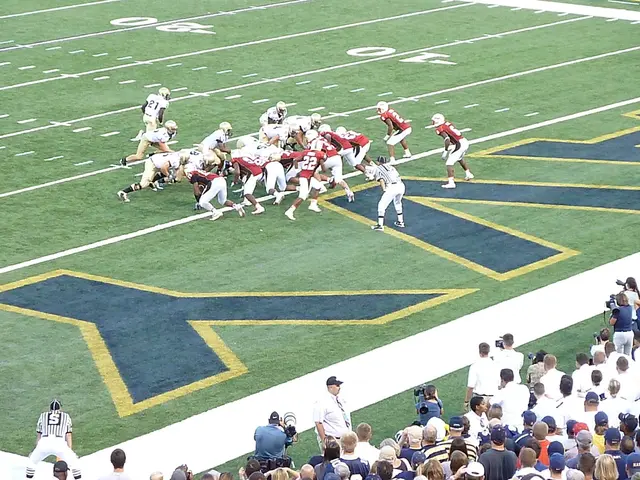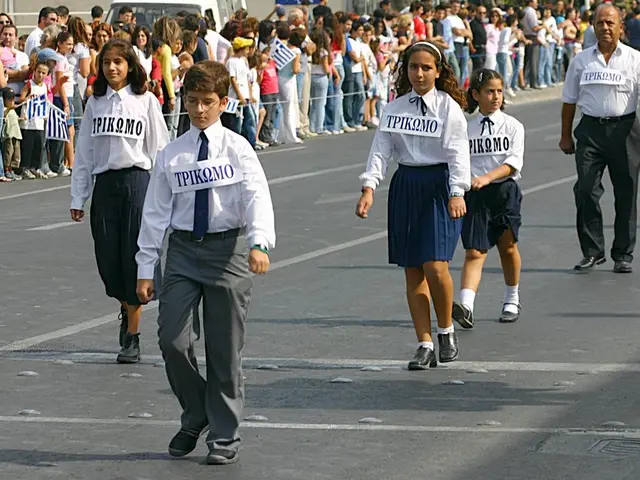Legal Action Initiated to Stop Fraser Downs Shut Down due to Pest Management Conflict
Framing Fraser Downs' Closure: A Tangle of Hoofbeats and Pest Control
In the heart of Surrey, Fraser Downs racetrack faces a contentious battle, not with other equine facilities, but with tiny, rodent villains — rats. The operator, Great Canadian Entertainment (GCE), claims a full-scale rat infestation necessitates the track's closure, a decision that's met fierce resistance from Harness Racing B.C. (HRBC) and horse owner, Margaret White.
HRBC vs. GCE: A Legal Tussle over Tracks
With the racing season drawing near — training starts on July 1 and races scheduled for September 4 — HRBC fears the closure could leave horses unprepared and possibly spoil the entire racing season. In their corner, HRBC boasts over 200 members who rely on Fraser Downs for off-season training, including 75 to 100 workers whose livelihoods hinge on the track's schedule.
HRBC disputes the need for a total shutdown and claims it has proposed alternatives allowing limited facility use during treatment. The organization argues that GCE might employ prolonged poison treatments, whereas HRBC favors carbon monoxide fumigation, enabling a speedy return within a day.
Donna Scrannage, HRBC's vice president, maintains that the organization has proffered alternative solutions to cushion members from being left high and dry. Scrannage highlights that there's a void of other training facilities in British Columbia.
Health and Safety vs. Horse Racing: A Quagmire for GCE
GCE stands steadfast, asserting that the closure is a matter of life and limb, an essential measure to tackle a steadily worsening health issue. Chuck Keeling, a GCE vice president, accuses HRBC of obstructing critical pest control efforts in a statement to CBC. Keeling vows that the company will vehemently defend the litigation to safeguard the health and safety of racers, staff, and guests.
Initially, a memo from GCE prompted the removal of all horses from the property by May 9, with extermination expected to span 60 to 90 days. The deadline was later extended to May 30, and a tentative reopening date set for August 15. However, Scrannage opines that this timeline is unrealistic, given that the horses are still present at the venue, and fumigation has yet to commence, it being June already.
Despite the racing season drawing closer with training commencing on July 1 and races scheduled for September 4, HRBC fears the rat-induced closure of Fraser Downs could leave horses unprepared, potentially jeopardizing the entire season. HRBC has proposed alternatives that allow limited facility use during treatment, advocating for carbon monoxide fumigation to expedite the return within a day, as opposed to prolonged poison treatments suggested by GCE. Donna Scrannage, HRBC's vice president, has emphasized that the organization has provided alternative solutions to mitigate the impact on members, given the lack of other training facilities in British Columbia.








